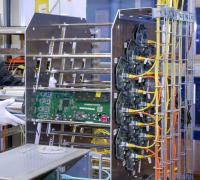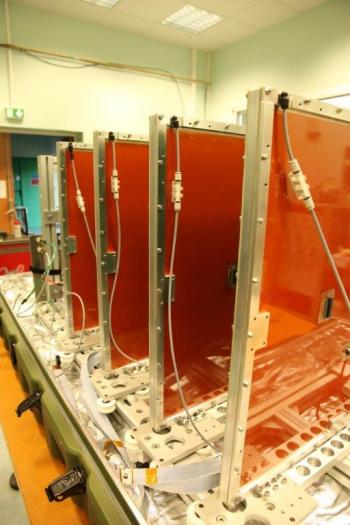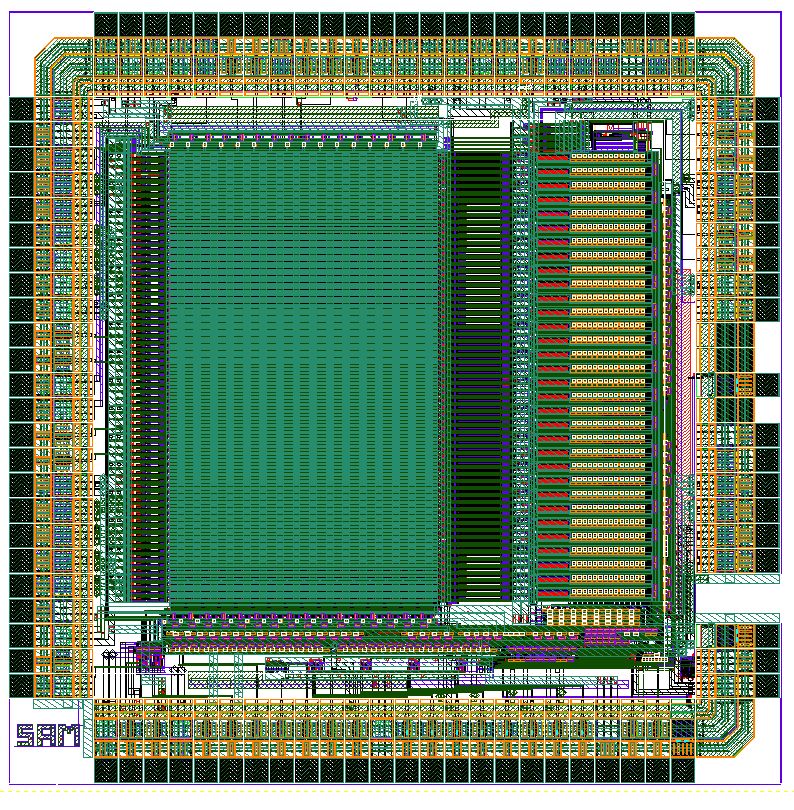Irfu develops detection, acquisition and data processing systems for many types of physics experiments:
- for space projects: from the design and manufacture of sensors of all wavelength types to data processing from the satellite to the distribution of data to ground processing centres.
- for ground-based telescopes: from mirror and camera design to integration and laboratory testing
- for detectors of all sizes working with particle accelerators
- for sensors buried underground, under the sea or near nuclear reactors
The teams implement all the skills covering the complete measurement and analysis chain:
detection physics, microelectronics, digital electronics and real-time processing, embedded software, visualization and statistical data analysis software.
The Institute applies its expertise to social issues, such as energy and health.
Projects can be important like for example :
- the design and construction and installation of the ISEULT 11.7 T MRI magnet
- such as the construction of a technological platform for the production of instruments for muonic imaging
- the production of magnets for material physics
- but also smaller with R&D detectors from the physics of the 2 infinite; such as
- improving the performance of "small animal" PET scans
- R&D on an innovative detection medium which could lead to a technological breakthrough in the field of positron emission tomography
- R&D on optical fibres to make a Quantum Solar concentrator
In the fields of instrumentation, Irfu's teams carry out the necessary instruments to see through its research in subatomic physics, astrophysics and cosmology.
From the mechanical design of detectors to the realization and characterization of prototypes, and finally the integration and testing of final detectors, there are numerous expertises such as microstructured gas detectors, imagers and space spectro-imagers in different wavelengths (gammas, X, visible, infrared and submillimetre waves).
Electronic data acquisition systems are used to collect, digitize, format and process data from the detection systems that form the core of experimental physics projects.
Irfu laboratories maintain and develop all the hardware, firmware and software skills required to design and implement the entire physical data detection and processing chain.
The CosmoStat laboratory (mixed DAp/DEDIP) deploys original developments in signal processing allowing the statistical analysis of images and the separation of the various physical and instrumental components. These methods are mainly applied to astrophysics and cosmology, but have a potential for valorisation in other fields.







